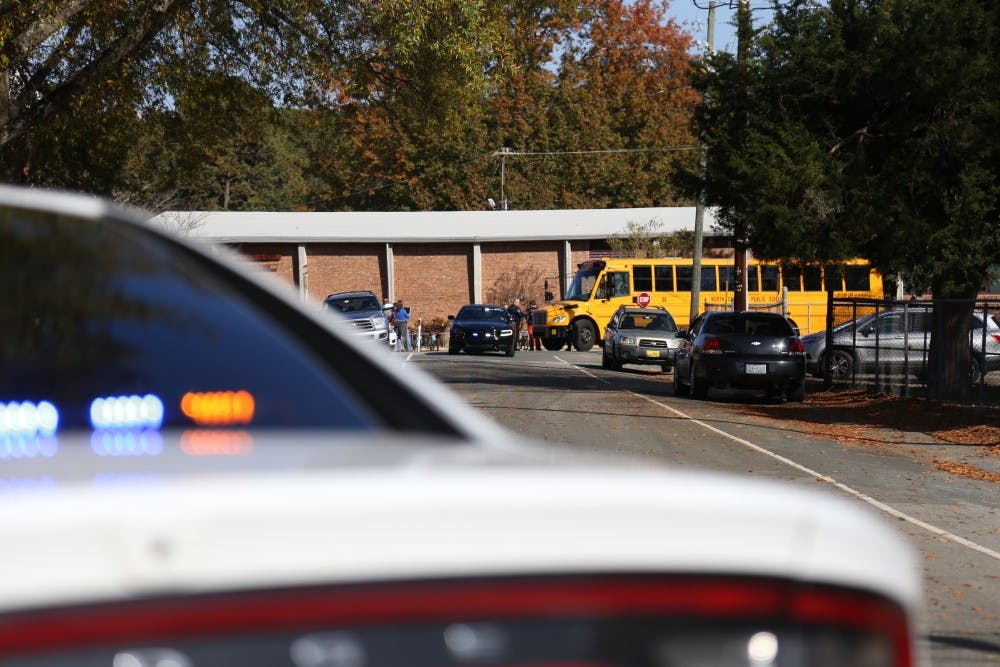The N.C. Special Committee on School Shootings presented its report on school safety to Gov. Roy Cooper last week, which included 33 recommendations for making North Carolina schools safer.
The committee was formed in April 2018 after events like the shooting at Marjory Stoneman Douglas High School in Parkland, Fla., that rejuvenated the debate of school safety and gun control nationwide.
The committee has held meetings and public forums, and has consulted with organizations like the North Carolina School Boards Association and the North Carolina Center for Safer Schools.
“The meetings and public forums played critical roles in the SCSS’s effort as they were well attended by many different stakeholders representing different viewpoints, expertise and experiences,” the report states.
Gaston County Sheriff Alan Cloninger was involved in the composition of the report as the acting co-chairperson of the SCSS.
“The Governor is taking the lead in examining school safety, forming this committee to look at law enforcement’s response and how we in the law enforcement community, in partnership with schools, can help ensure our schools are safe,” he said.
There were 33 recommendations made by the committee in six general categories: training, physical security, threat assessment, school-law enforcement partnerships, possible statutory changes or additions and an "other" category.
The SCSS report recommends, among many other things, increased mental health training for school resource officers and implementing more instruction and drills for possible school shooting scenarios. It also supports Cooper’s budget request for more mental health funding.
One of the main recommendations is for an School Resource Officer to be stationed in every North Carolina school, or at least to station more SROs in elementary schools. Scarlett Steinert, director of school safety for Chapel Hill-Carrboro City Schools, stressed the need for a greater SRO presence in elementary schools.



